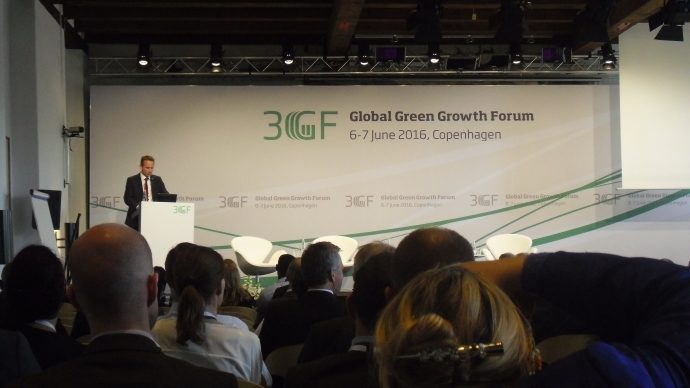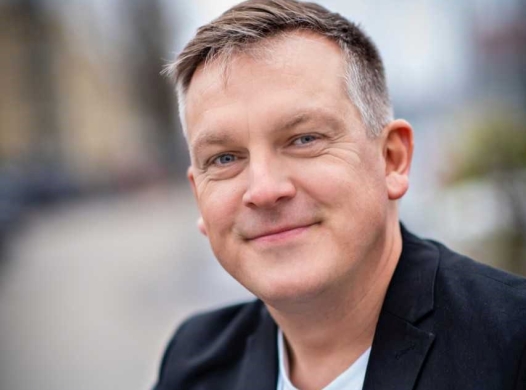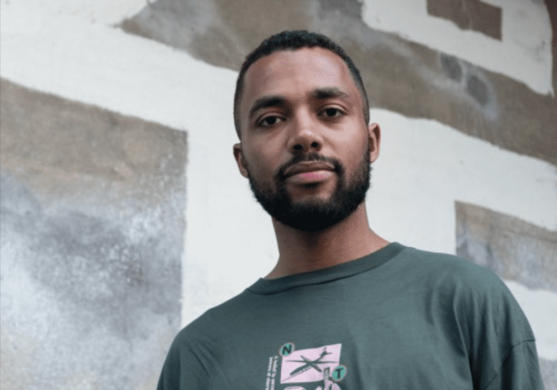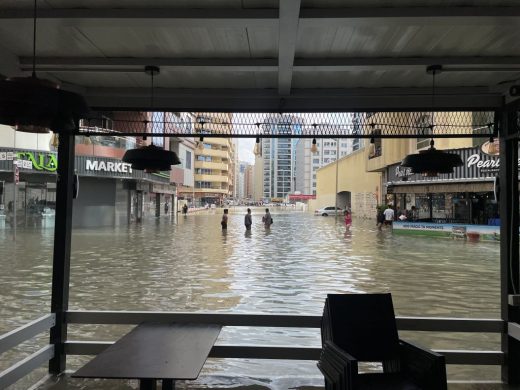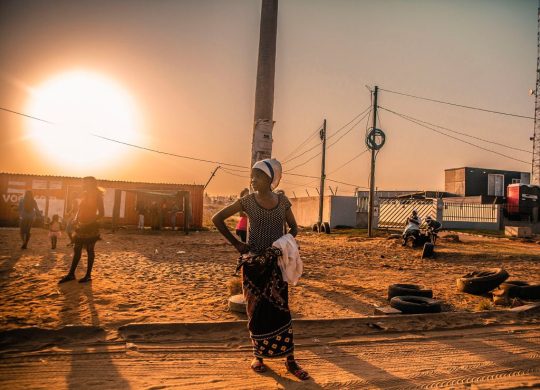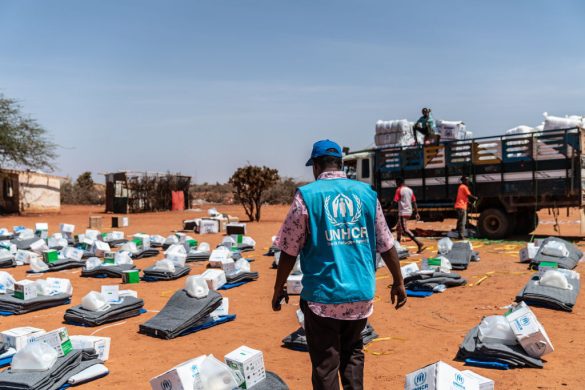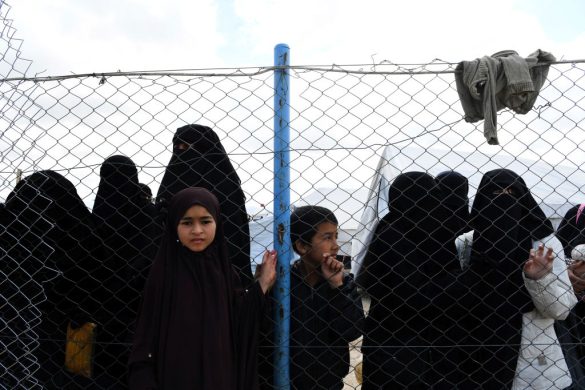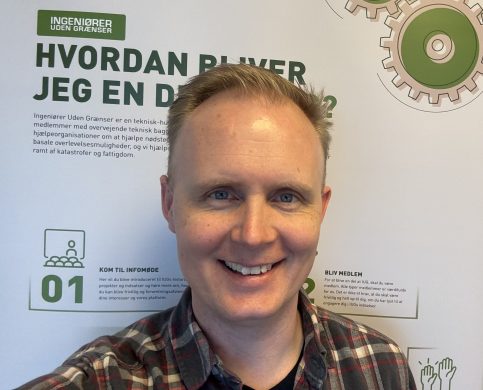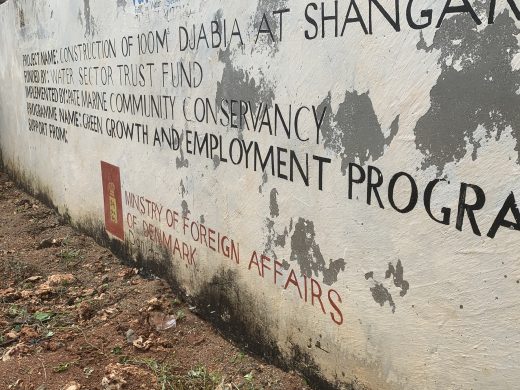3GF-konferencen sluttede tirsdag eftermiddag. Det skete efter to dages heftige samtaler om miljø, klima og bæredygtig udvikling.
Det grønne møde førte til en endelig erklæring med titlen “Charter of Action”.
Den blev præsenteret af udenrigsminister Kristian Jensen (V) ved den sidste seance ved årets udgave af 3GF.
Udenrigsministeren lovede, at den vil blive fulgt op af en rapport inden længe.
Teksten er som følger:
The 3GF Summit, which took place on June 6th to 7th 2016, in Copenhagen, Denmark, has made a global commitment to advancing green transformation at speed and at scale.
Hosted by the Government of Denmark, representatives from 3GF partner countries; China, Ethiopia, Kenya, The Republic of, Korea and Mexico attended the 3GF Summit along with representatives from new partner countries Chile and Vietnam .
The Summit also welcomed decision makers from 37 different countries across the public and private sectors along with civil society. Over 450 high level delegates attended the event including representatives from 68 private companies.
The 3GF platform acts as an accelerator. 3GF Summit delegates have demonstrated their continuing resolve to work on creating effective partnerships between public and private actors.
The partnerships are proof that cross-sector collaboration on innovative technologies and new financing models are central to scaling up green growth solutions.
2015 was a groundbreaking year for global commitments, with both the Sustainable Development Goals and the Paris Accord. These commitments were central to the Summit and each session took into account the ways in which our actions, in particular how the 3GF partnerships, will drive towards achieving these goals.
The 3GF2016 Summit presents here, in summary the Charter of Action.
Cities as Drivers of Green Growth
Cities are home to more than half the world’s population and the source of 70% of the world’s greenhouse gas emissions. Cities are also drivers for change. Cities have the potential to be agile, fast and flexible in identifying challenges and sourcing and implementing new solutions.
At the 3GF 2016 Summit, the Water Leakages partnership session urged participants to tackle the vital issue of non revenue water. Highlighting the devastating impact of urban water leakages in South Africa, Mozambique, Kenya and Tanzania, the Stockholm International Water Institute will continue to work towards public-private collaboration to address this challenge.
The 3GF Summit calls for urban water leakage to be sytematically tackled across affected cities.
Opening Up Access to New Markets and Finance
Green growth solutions can be profitable and private companies will play a key role in making markets more efficient and sustainable. New types of financial instruments and enabling policy settings must open more pathways for a multitude of innovative and profitable results.
To address the 51 trillion dollar gap to 2050 to meet global infrastructure needs, Global Infrastructure Basel agreed to explore a Sustainable Infrastructure Registry to provide investors with a clear understanding of the specific characteristics of sustainable and resilient infrastructure investments.
The 3GF Summit calls for the creation of an international Sustainable Infrastructure Registry.
Promotion of Sustainable Lifestyles
Modern lifestyles are associated with overproduction and overconsumption on natural resources and with adverse environmental, economic, social and health effects. Promotion of sustainable lifestyles and establishing inclusive growth mechanisms, offer solutions but models of change must move from the
At the 3GF 2016 Summit, the Innovation and New Business Models for Sustainable Lifestyles partnership led by the Collaborating Centre for Sustainable Production and Consumption, invited business and government to establish innovation hubs in key global cities to tackle overproduction and consumption.
The 3GF Summit calls for all of its delegates to advocate these changes through personal, professional and institutional networks.
Transition to a New World of Energy
The world’s energy systems are facing massive changes. Technology and the commercial development of increasingly cost-competitive alternatives to fossil fuels offer business opportunities which will attract investors beyond traditional energy utilities. Financing, trade, and regulation can help accelerate the transition to a new world of energy. Green energy solutions can be profitable and most be made accessible.
At the 3GF2016 Summit The Building Efficiency Accelerator (BEA) continued to engage in long term evidence- based planning , with an emphasis on bottom up citizen engagement. Twelve new cities were welcomed to the partnership and five cities were announced to join Mexico City as ’deep dives’.
The 3GF Summit calls for cities to engage in BEA and similar programmes to become energy efficient at speed.
Use of Natural Resources
The stresses on the world’s ecosystems which ensure the health of our natural resources have never been greater. More than a billion people currently live in water-scarce regions, and as many as 3.5 billion could experience water scarcity by 2025. Increasing scarcity of water, deforestation and depletion of other natural resources are essential SDG agenda points and must be addressed.
The 3GF Food Loss and Waste Protocol partnership launched the first-ever global standard for measuring food loss and waste; The Food Loss and Waste Accounting and Reporting Standard. The Standard will drive forward dramatic progress in reducing food loss and waste by measuring and monitoring food loss and waste.
The 3GF Summit calls for the immediate uptake of the standard by affected sectors.
The Kenyan government and Bidco Africa joins the vital work of the 2030 Water Resources Group with the launch of a new national platform to address a predicted 30% gap between water supply and demand by 2030.
The 3GF Summit calls for deeper collaboration on sustainable use of water across Africa, Latin America and Asia.
At the 3GF 2016 Summit Water Pricing was identified as a critical tool to manage risk and improve the long term sustainability of water. The Stockholm International Water Institute; The Water Research Commission in South Africa; the International Water Management Institute and other participants committed to a new partnership to reduce uncertainty for decision makers.
The 3GF Summit calls for a multi stakeholder platform to examine the consequences of water pricing.

